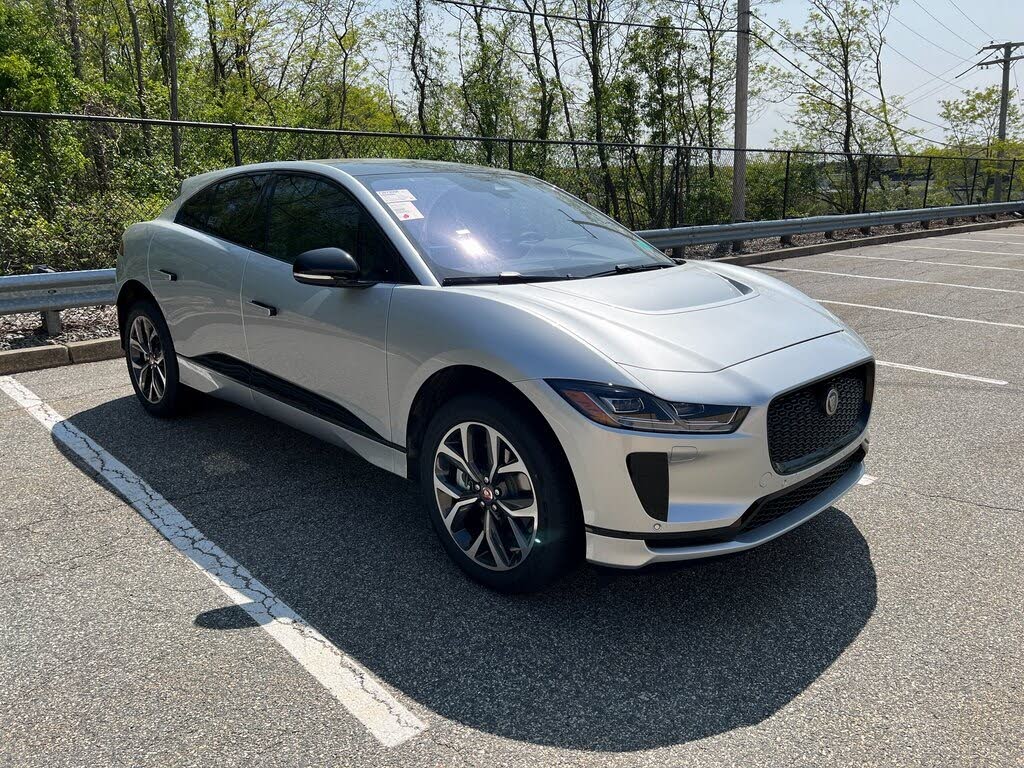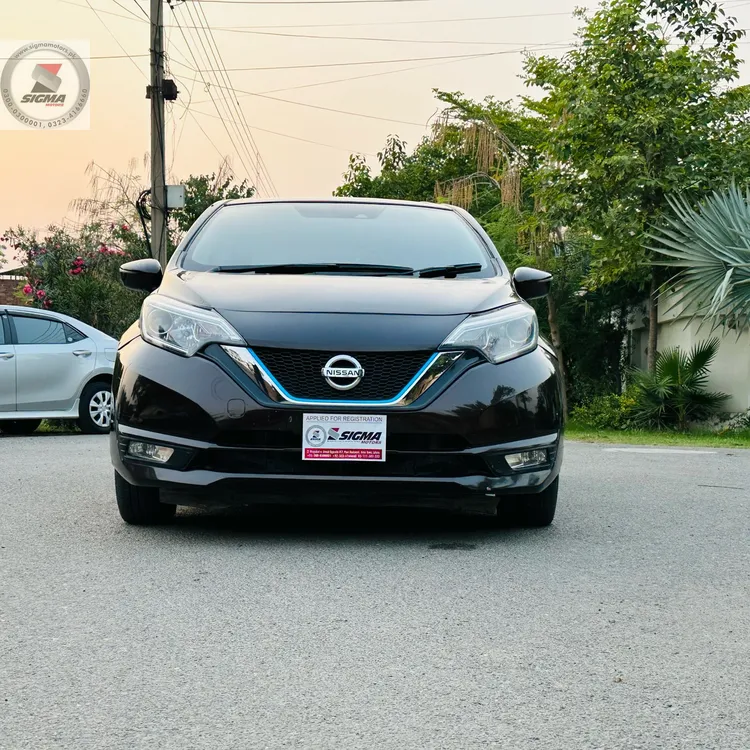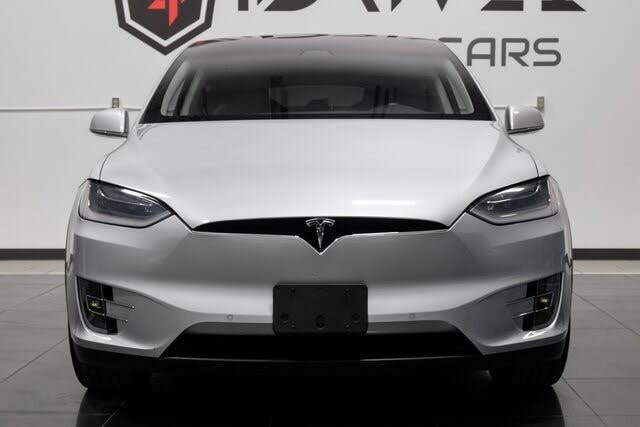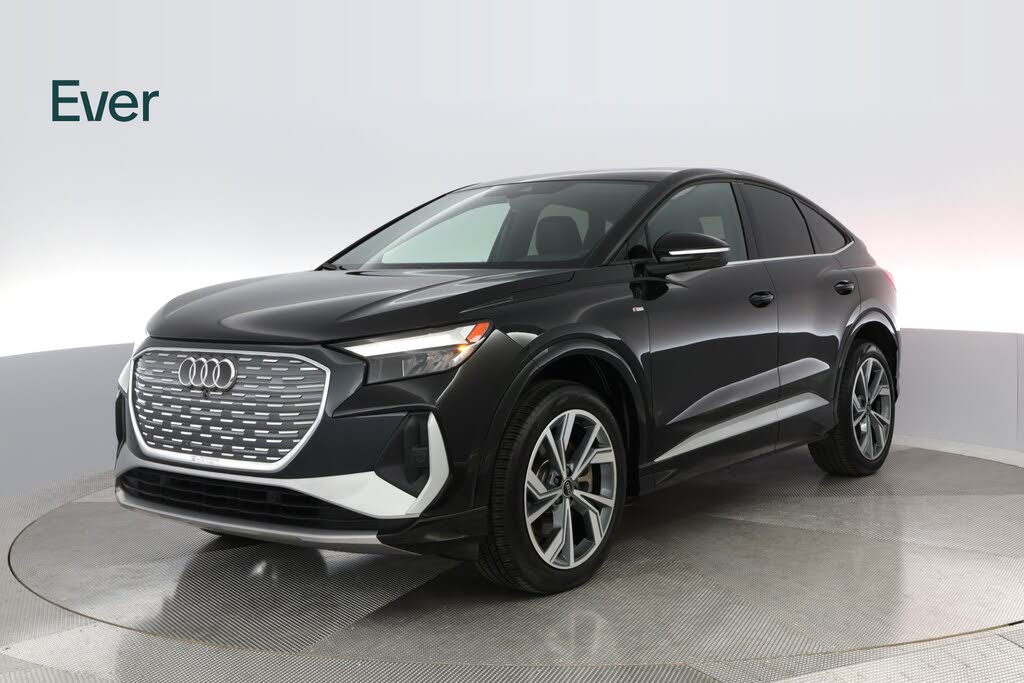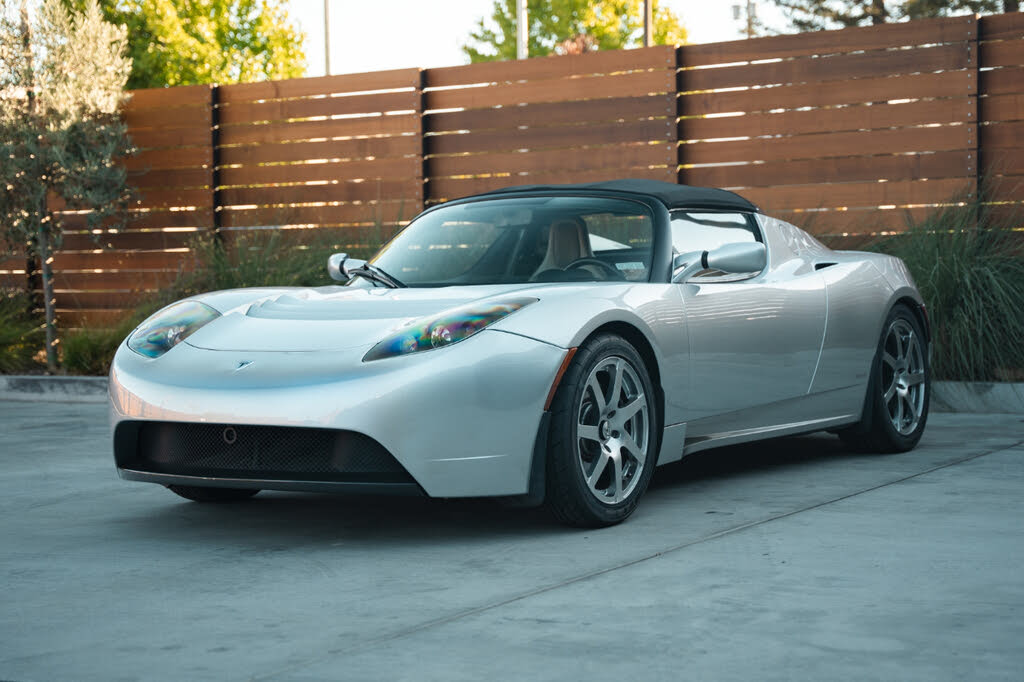Home > News & Blogs > How Electric Vehicles Help You Cut Costs and Save Money
How Electric Vehicles Help You Cut Costs and Save Money
How Electric Vehicles Can Save You Money
Introduction
With automakers increasingly adopting zero-emission technology, the future of transportation is rapidly shifting toward electric vehicles (EVs). Thanks to advances in battery efficiency and infrastructure, now is an excellent time to consider making the switch. But beyond their environmental benefits, EVs can significantly reduce your overall expenses compared to traditional gasoline-powered vehicles. Let's explore how owning an EV can save you money.
Never Pay for Gas Again
One of the biggest financial advantages of driving an electric vehicle is the substantial savings on fuel. Charging an EV is typically much more cost-effective than filling up a gas tank. According to industry reports, EV owners can save an average of $1,000 per year on fuel costs alone. With at-home charging options, you can conveniently power up your vehicle overnight and avoid gas stations altogether.
Charging rates vary based on location, electricity providers, and whether you charge at home or a public station. While Level 1 charging (using a standard 120-volt outlet) is the slowest, it may be sufficient for those with minimal daily driving needs. Level 2 home chargers (240 volts) allow for faster charging but may require additional installation costs ranging from $300 to $1,200, plus labor expenses.
--TOP ADVERTISEMENT HERE--
Lower Maintenance Costs
EVs have fewer moving parts than traditional combustion engine vehicles, leading to significantly lower maintenance and repair costs. A study by Consumer Reports found that EV owners save an average of $4,600 on maintenance over a vehicle’s lifetime. Common maintenance costs associated with gas-powered cars—such as oil changes, timing belts, and exhaust repairs—are eliminated with EV ownership.
Although EV batteries will degrade over time, most last between 8 to 15 years before requiring replacement. While replacing a battery can be costly (averaging around $5,500), most automakers offer extended battery warranties—typically 8 years or 100,000 miles—giving drivers peace of mind.
Tax Credits, Rebates, and Other Incentives
Buying an electric vehicle comes with financial incentives that help offset initial costs. The U.S. federal government provides tax credits of up to $7,500 for qualifying new EVs that meet North American assembly and battery mineral sourcing requirements. Some states also offer additional rebates, discounts on charging infrastructure, and carpool lane access.
If you choose to lease an EV, the manufacturer usually receives the federal tax credit, but the savings may be reflected in lower monthly payments. Be sure to inquire about incentives when considering an EV purchase or lease.
--FIRST CONTENT ADVERTISEMENT HERE--
Time-Saving Benefits
EVs not only save money but also time. Charging your vehicle at home eliminates the need for frequent stops at gas stations. Plus, many workplaces and shopping centers now provide EV charging stations, allowing you to charge while running errands or working.
Additionally, in certain states, EVs qualify for access to high-occupancy vehicle (HOV) lanes, significantly reducing commute times. Studies show that in cities like Houston, drivers using the HOV lane save an average of 12 to 22 minutes per trip, which can add up to substantial time savings over the course of a year.
The Case for Used Electric Cars
With the increasing popularity of EVs, the used electric vehicle market has expanded, making it easier to find affordable options. While used EVs do not qualify for federal tax credits, depreciation significantly reduces their price, allowing buyers to access high-end models at a fraction of the original cost.
Many used EVs still have warranty coverage on their batteries, making them a viable and cost-effective option. For instance, pre-owned Tesla Model S vehicles often come with remaining warranty periods, while more affordable models like the Chevy Bolt provide over 200 miles of range per charge.
Moreover, purchasing a used electric car further reduces environmental impact by extending the life of an existing vehicle rather than contributing to new production emissions.
--SECOND CONTENT ADVERTISEMENT HERE--
Conclusion
Electric vehicles provide multiple financial advantages, from reduced fuel and maintenance costs to government incentives and long-term savings. Whether you’re purchasing a new or used EV, the investment pays off in the form of lower operational expenses and added convenience.
As the EV market continues to grow and technology improves, transitioning to an electric vehicle is becoming more practical and affordable than ever. If you’re considering making the switch, now is the time to explore the available options and take advantage of cost-saving benefits.

motorvero013
Last Updated On Apr, 02-2025


